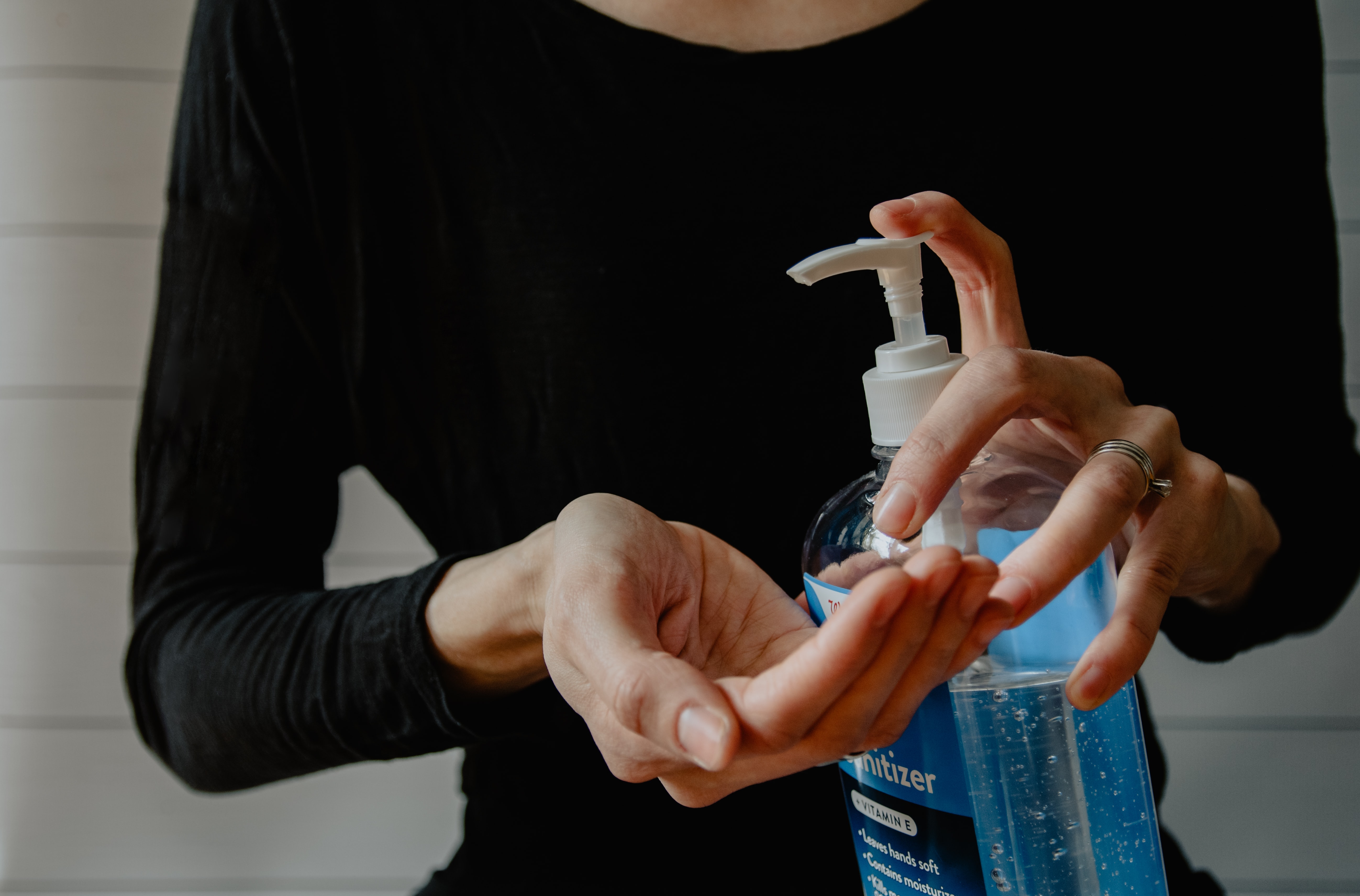
Just like any other body part maintaining the hygiene of the oral cavity is very essential. It is no news that our oral cavity acts as a transporting medium for food water medications and most importantly disease-causing viruses and bacteria. It is solely our responsibility to maintain proper oral hygiene. The hygiene of the the oral cavity should be such that it does not invite/encourage bacterial/fungal growth inside our mouth. Maintaining oral hygiene is not a difficult job but before learning that let us show you what are the consequences of not maintaining oral hygiene.
-Foul smell from mouth.
-Plaque and tartar on teeth which causes infection in gums.
-Bleeding gums.
-Loosening of teeth since the infection of the gums has reached till the bone because of lack of hygiene maintenance and treatment. -Widespread caries due to bacterial growth leading to loss of teeth if not treated.
And the list can go on and on. All this can simply be avoided by taking out 10 15 minutes per day for hygiene maintenance and by by developing few habits.
So, how to to properly maintain your oral hygiene
Our teeth can last a lifetime if we care for them enough!
As we grow old certain health conditions affect us more than the others, especially the need for oral care for senior citizens. Advancing age puts many older people at risk for a number of Oral Health problems. With age, our Dental Health needs special care and attention.
And more so in the context of a nation as large and populous as India. According to NCBI, in India, the elderly population was 20 million in 1951 and 57 million in 1991 followed by a sharp increase from the 2000s. According to observed growth rates for this period, the growth of the “‘65+’” population was more than the total population! Hence it is imperative to prioritize Oral Dentistry and overall health for our senior citizen.
Most dentists, and the American Dental Association (ADA), recommend changing your toothbrush every 3 months. Overtime, toothbrushes go through normal wear and tear and become less effective with removing plaque from teeth and gums. Studies have found that around 3 months is when the bristles break down and lose effectiveness.
One other consideration we don’t typically think about (and probably don’t like to think about) is that germs can hide and build up in toothbrush bristles. This makes it important to replace your toothbrush after you’ve had a cold, or risk possible reinfection.
Know how to brush properly to get whiter teeth. With your toothbrush at a 45-degree angle to your gums, gently brush your teeth using short, back-and-forth strokes. Concentrate on areas with surface stains, but make sure to brush all the surfaces of your teeth, including the insides.